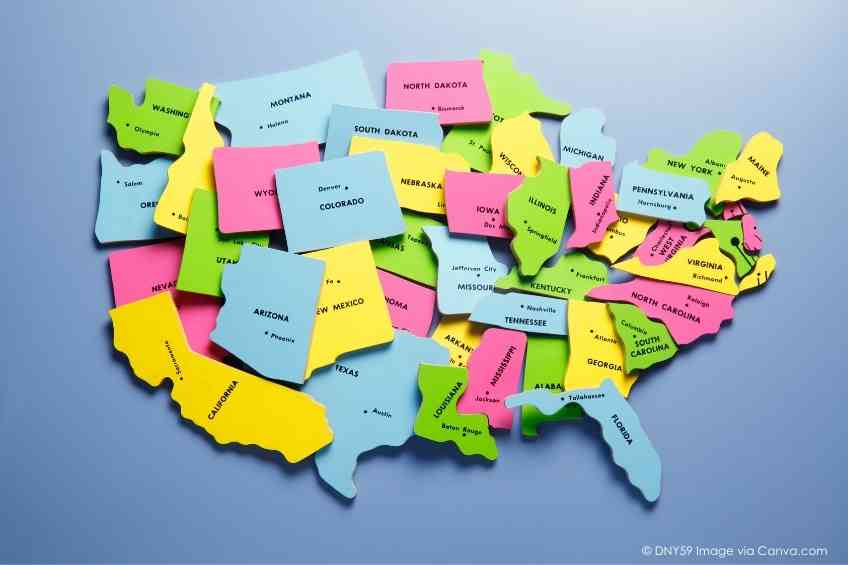The Skinny
Is coffee with its caffeine healthy or unhealthy to drink? Depends on who is drinking and how much they’re consuming in a given day. And in case anyone is totally out of touch, Americans drink a lot of coffee and ultimately consume a lot of caffeine each day. On the coffee front alone, American adults average about 2.7-3 cups every 24 hours, which rounds out to about 400 cups a day. This, of course, doesn’t account for other sources of caffeine like soda, energy drinks, and tea. So how much is too much? Doctors generally recommend limiting caffeine intake to 300-400 milligrams a day, which means three to four cups daily. That sounds easy enough for most of us. But those milligrams can also be found in six to eight cups of green tea and seven to 10 cans of soda. All this means is that it’s easy to exceed the recommended intake level. Of course, caffeine and coffee aren’t all bad. They have their benefits too—and WellWell is here to lay them both out. Read on.
The Slate
Advantages
No one should be surprised that the caffeine in coffee stimulates the central nervous system, which fights fatigue and increases energy levels. This occurs because caffeine blocks the receptors of a neurotransmitter called adenosine, allowing neurotransmitters to help regulate energy levels.
Fights Dementia
Alzheimer’s is a powerful and growing disease, but the caffeine contained to just two daily cups of coffee may help lower the risk of developing dementia. One study even suggested that women 65 and older who drank two to three cups of coffee witnessed a significantly less at risk of developing dementia than those who didn’t drink as much.
Performance Enhancer
Strength, stamina and endurance are all enhanced through caffeine intake. One research project even claimed that it is particularly effective in building muscle and power in the upper body.
Reduces Suicide Risk
Harvard’s School of Public Health reported that individuals who grabbed two to three cups of caffeinated coffee daily cut their suicide risk by 45 percent. The possible reason is caffeine’s ability to stimulate and ultimately improve a person’s mood.
May Fight Cancer
Coffee consumption may not support the prevention of breast and colon cancer, it may also lower the risk of recurrence in survivors. Other studies also note it may also help reduce the chance of developing cancers of the oral cavity and skin.
Disadvantages
Spinal Bone Loss
Drinking three or more cups of coffee daily can increase the risk of spinal bone loss in postmenopausal women, especially if they’re not getting enough calcium in their diet.
Increased Risk of Heart Attack Among Young Adults
Young adults already suffering from mild hypertension who then dove into at least four cups of coffee daily face a four-fold increase in their risk of a heart attack. Even drinking less coffee increases the risk for these individuals.
Excessive Agitation
Just 2 grams of caffeine gets the heart stimulated and blood vessels dilated, which can then cause bronchial relaxation in the lungs and increased breathing. The end result of these changes are increased irritability, restlessness, insomnia and agitation.
Vitamin Depletion
Drinking coffee increases blood flow to the kidneys, adversely affecting their ability to reabsorb salt and water. This leads to a rise of urine in the bladder. In addition to more frequent trips to the bathroom, it also means the body is losing important nutrients such as thiamin, B12, calcium, magnesium, sodium, phosphate, chloride and potassium.
Busting A Gut
Sure, limited coffee probably isn’t going to do your gut much harm. But be aware that coffee is loaded with gut-irritating additives so the more coffee that’s consumed, the worse a belly may feel, potentially worsening symptoms of IBS (irritable bowel syndrome).
Eyes Up
What’s your take on the benefits and drawbacks of coffee and caffeine? Let us know at info@wellwellusa.com.
WellWell editors independently identify services and products of interest. If readers purchase anything through the associated links, WellWell may earn a commission, which goes to support our work. Learn More.













